Lavrov: Suez blockage highlighted importance of Iran corridor
Russian Foreign Minister Sergei Lavrov says the recent incident where a ship blocked the Suez Canal for almost a week highlighted the need for a reliable transit route and the corridor being developed by Iran, Russia and India is best suited to serve that goal.
The International North-South Transport Corridor (INSTC), proposed by the three countries in 2000 and later supported by 10 Central Asian nations, is connecting the Persian Gulf and India with Russia via Iran.
"We hope that the North-South ITC will eventually serve as the basis for the creation of a single seamless transport, logistics, and economic space stretching from the southern coasts of Iran to northern cities of Russia," Lavrov told IRNA news agency in Tehran.
“Addressing such a task appears especially relevant at the moment when the recent incident with the blocking of the Suez Canal has highlighted the need for reliable land transport routes,” he added.
The INSTC project envisions a 7,200 km-long multi-mode network of ship, rail and road for freight transport, aiming to cut carriage costs by about 30%-60% and transit time from 40 days to about 20 days.
“The North–South International Transport Corridor is a good example of multilateral collaboration. It is the key infrastructure project in the region designed to promote mutually beneficial interaction between multiple states,” Lavrov said.
Iran and Russia, he said, “play a leading role in the implementation of this initiative, as most part of the land route runs through their territories”.
Lavrov said sustainable increase in trade and economic cooperation largely depends on the developed logistics network and building modern road infrastructure is of special importance in this regard.
“The Russian government has approved and launched relevant plans and programs, including for the Caspian Sea region. We know that Tehran also devotes special attention to this issue,” he said.
“We expect that our Iranian partners will successfully finish the construction of the approaches to the Caspian port [of Bandar Anzali] and the railway to Azerbaijan. This will substantially boost the competitiveness of the North–South ITC and its attractiveness for shippers.”
New Delhi has proposed that Chabahar, which it is developing, be included in the North-South ITC. Indian officials expect to start full-scale operations at the two terminals they are developing by the end of May.
Lavrov also touched on the development of cooperation between Iran and the Eurasian Economic Union (EAEU), saying it serves the goal of the successful functioning of the transport corridor.
He cited a decision taken to on December 11, 2020 to conclude a permanent agreement on the free trade area. A preferential trade agreement between Iran and the EAEU came into effect in April 2020 and the Islamic Republic’s transactions with the bloc in six months topped $1.7 billion.
Lavrov’s visit came on the 20th anniversary of the “Treaty on the basis for mutual relations and the principles of cooperation” signed between Iranian and Russian presidents in Moscow and extended in Tehran Monday.
Through the treaty, Lavrov said, the two sides have confirmed their reciprocal commitment to building relations based on the principles of equality and mutual trust and respect for each other's sovereignty, territorial integrity and independence and non-interference in each other's internal affairs.
“It is, to a large extent, due to the consistent implementation of the Treaty's provisions that our countries have reached such an unprecedentedly high level of interaction, which is today intensive and diversified,” Lavrov said.
“We are strengthening our ties in the political, trade, economic, scientific and technological, cultural, humanitarian and some other fields.”
The Russian foreign minister also cited implementation of major infrastructure projects in Iran, including Russia’s construction and operation of the Bushehr nuclear power plant and cooperation in the field of healthcare and fight against the spread of the COVID‑19 infection. He said Iran is supplied with Russia's Sputnik V vaccine, and there are plans to organize its production in the Iranian territory.
On Tuesday, IRNA said a Russian company has undertaken to invest at least 500 million euros in Iran to produce antiviral medicine for COVID-19 and other diseases.
The “investment agreement for foundation of new perspective investment projects in the fields of medicine, biotechnology and bioengineering” was signed between Iran’s INGP Holding and Russian investment company Region TransNeft, the report said.
JD Vance’s Caucasus trip deepens concerns over sovereignty, security and US meddling
VIDEO | Press TV's news headlines
Thousands rally in Australia against Israeli president's visit as police use pepper spray
Child among four killed as Israel attacks southern Lebanon in ceasefire breach
Russia vows ‘all possible assistance’ to Cuba as US squeezes oil supplies
Hezbollah leader: Israel‑US aggression is Lebanon’s main challenge
Muslim nations condemn Israel’s new West Bank settlement laws
Iraq executes ex-Saddam official over 1980 killing of Shia cleric Baqir al-Sadr



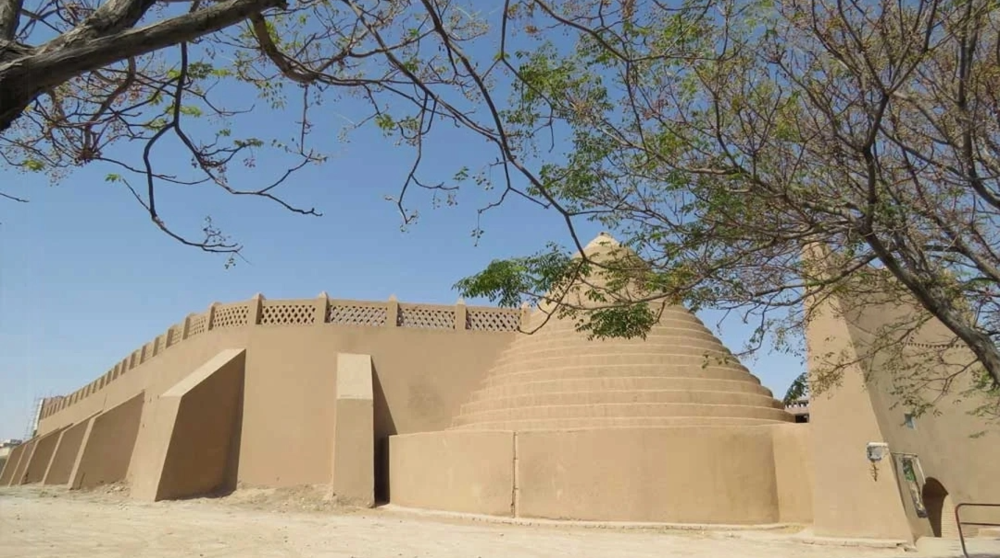
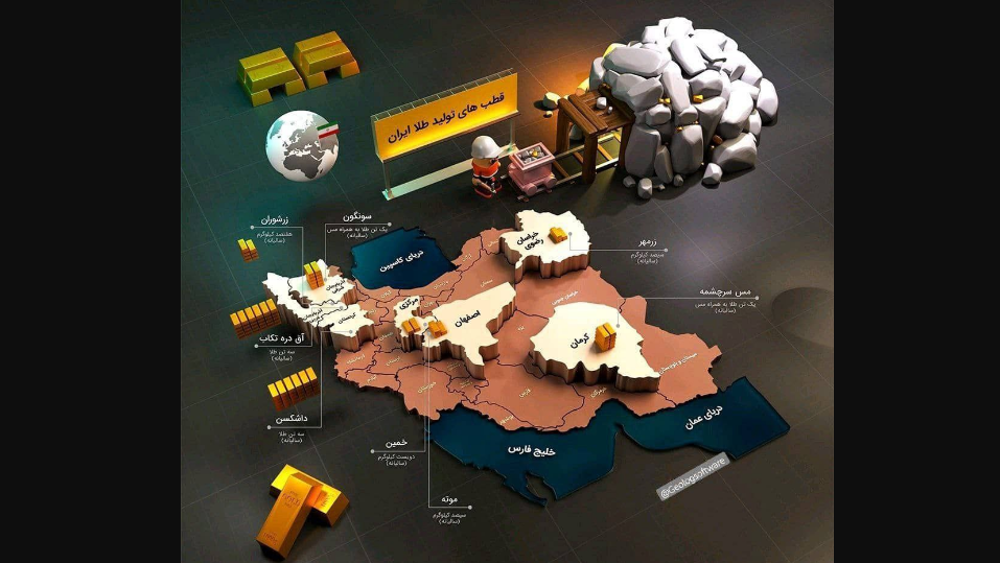
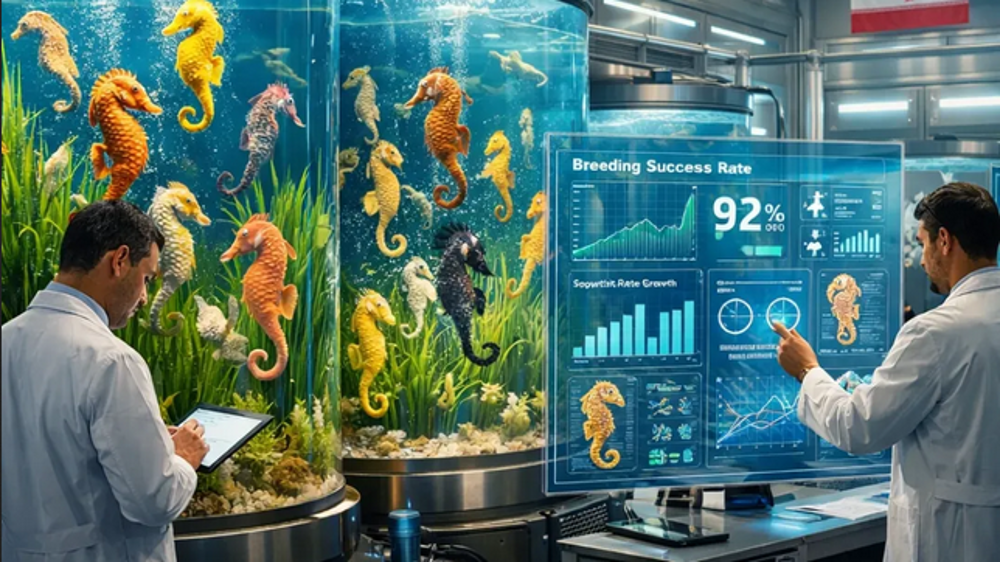



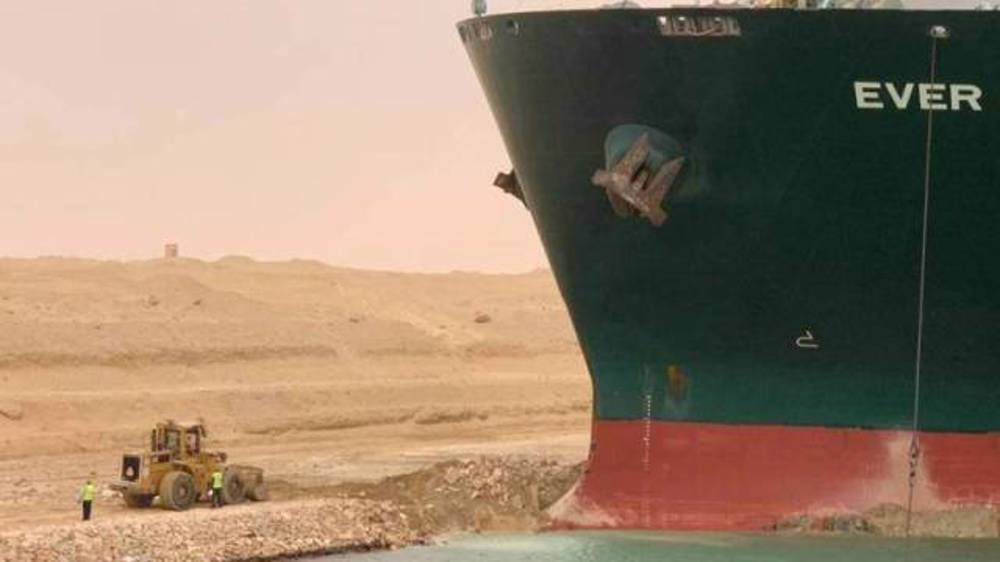
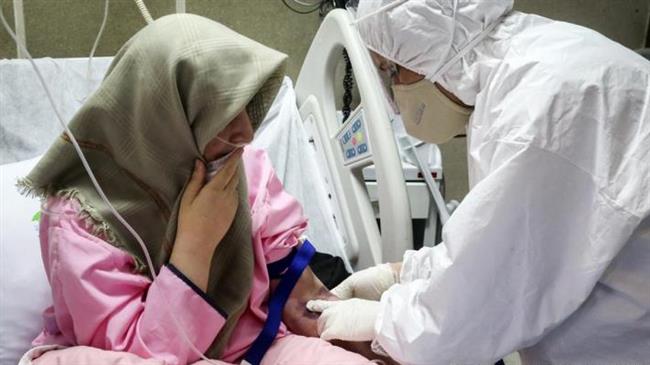



 This makes it easy to access the Press TV website
This makes it easy to access the Press TV website